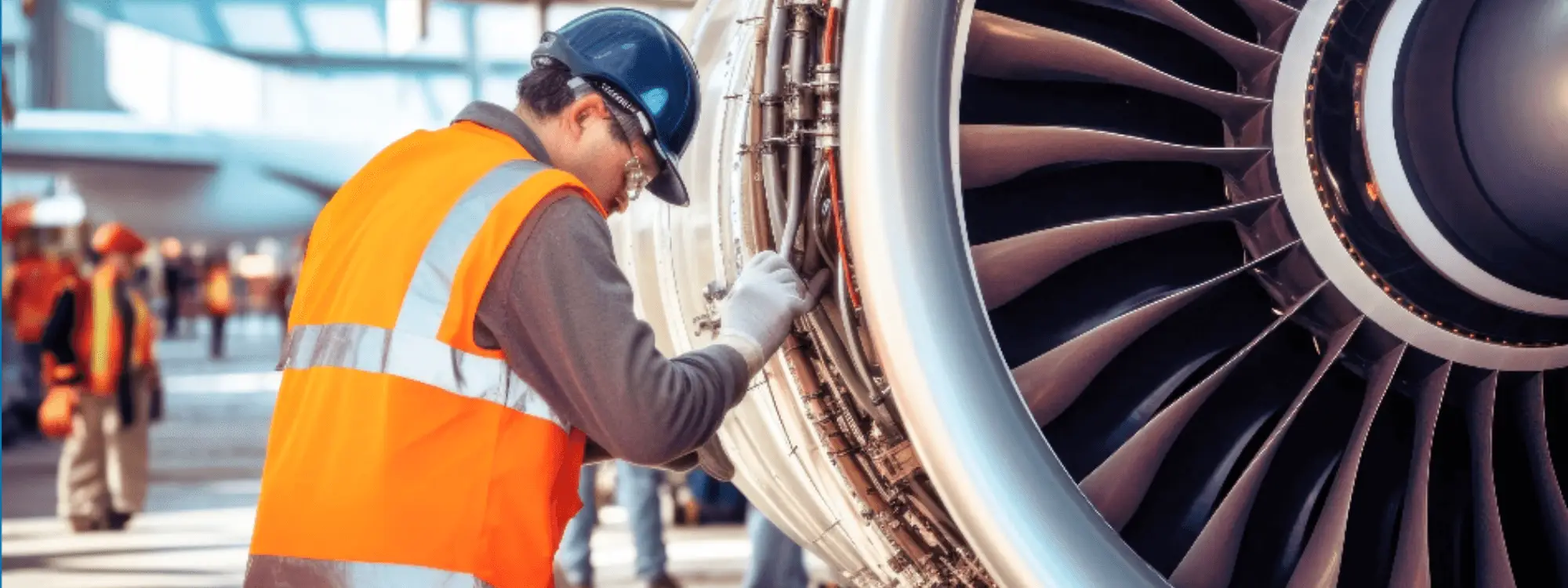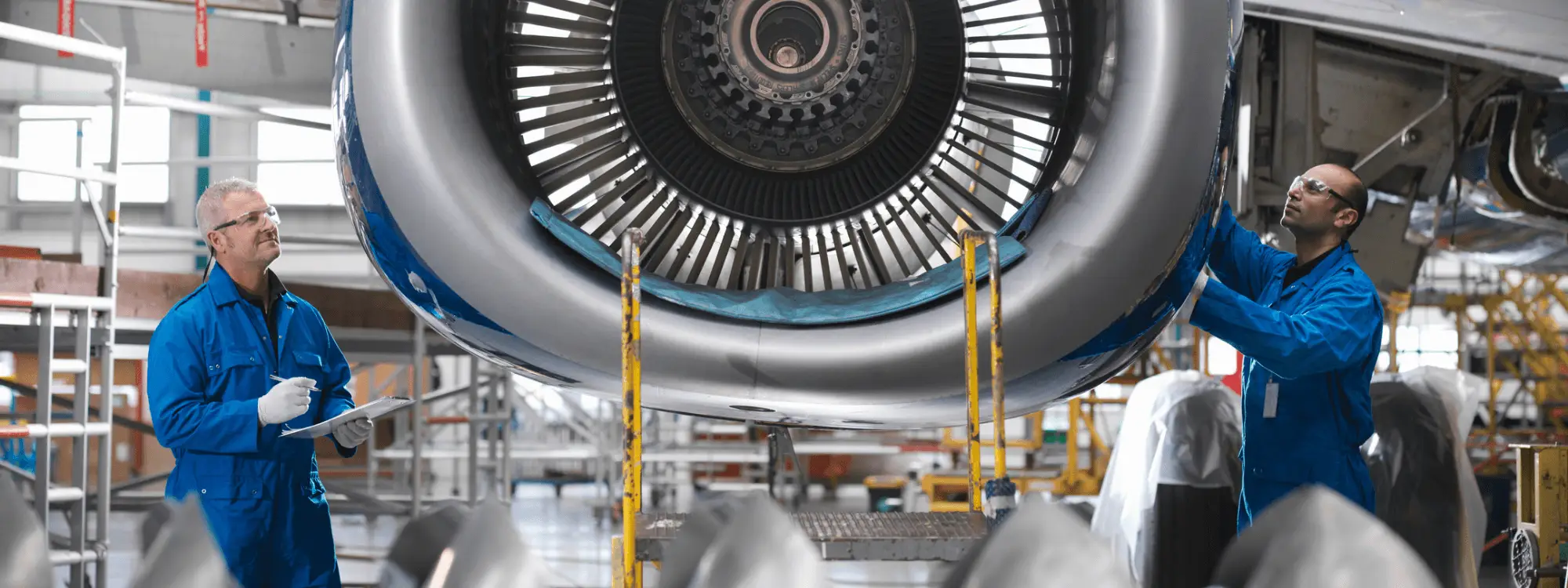
6 Essential Traits of a Successful Aerospace Quality Engineer
In the high-stakes world of quality assurance in aerospace, precision, compliance, and reliability are everything. To excel in aerospace quality engineer roles, professionals need a combination of technical skills, hands-on experience, and the right mindset. With stricter quality management systems, evolving industry standards, and complex production processes, the demand for skilled engineers in the aerospace sector has never been higher.
Here are six aerospace quality engineer skills that make candidates stand out in quality engineer aerospace jobs:
1. Problem-Solving Skills Every Aerospace Quality Engineer Needs
Problem-solving in quality engineering is fundamental. Aerospace Quality Engineers identify faults, implement corrective actions, and maintain high levels of product quality. Using structured methods like root cause analysis and continuous improvement, they ensure compliance with aerospace compliance and safety standards, prevent recurring issues in manufacturing processes, and support product development initiatives.
2. Communication Skills for Quality Assurance in Aerospace
Clear and effective communication is a cornerstone of quality assurance in aerospace. Quality Engineers liaise with design, production, and supply chain teams to ensure everyone is aligned. Strong communication prevents errors, improves efficiency, and strengthens collaboration with aerospace manufacturers, particularly when transitioning from prototype to mass production.
3. Process-Driven Mindset
Being process-oriented is non-negotiable. Top-performing engineers embed continuous improvement practices into workflows, enhancing efficiency and safety. A process-driven approach supports project management, streamlines production processes, and ensures all activities comply with quality standards in aerospace.
4. Exceptional Attention to Detail
Even minor errors in aerospace can have major consequences. Successful Quality Engineers maintain meticulous oversight of components, documentation, and operational tasks. This attention to detail ensures adherence to quality management systems, safety and reliability, and desired skill levels for every project from product development through mass production.
5. Analytical and Methodical Approach
Analytical and methodical thinking is key. Engineers dissect data, identify inefficiencies, and implement corrective measures that improve processes, maintain high compliance, and support continuous improvement. Combining technical skill with problem-solving in quality engineering, these professionals drive efficiency across the aerospace industry.
6. Thrives Under Pressure
The aerospace sector is fast-paced and high-stakes. Engineers who perform well under pressure maintain consistent product quality, meet deadlines, and uphold safety standards. This resilience is one of the key traits of a successful aerospace quality engineer, helping companies deliver reliable results in every aerospace manufacturing project.
Why These Aerospace Quality Engineer Skills Matter
Possessing these qualities ensures a Quality Engineer doesn’t just fill a role; they elevate the entire aerospace industry. Employers hiring for quality engineer aerospace jobs rely on these professionals to uphold aerospace compliance and safety, implement problem-solving in quality engineering, improve production processes, and drive innovation while maintaining high levels of performance.



